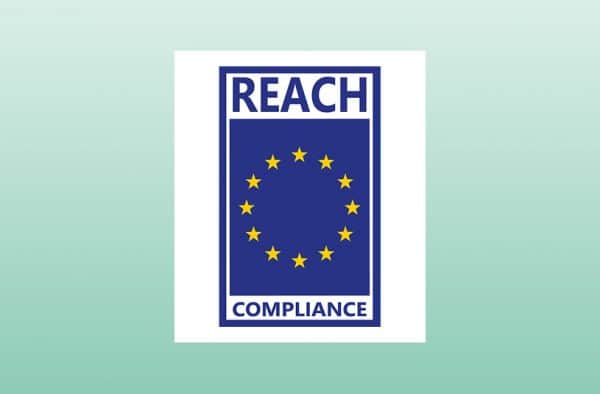Certifications
Certifications
To make sure that the fabrics we use won’t harm us and that they are made without environmentally harmful processes, without child labour in factories that respect workers’ wages and benefits as well as their health and safety, certifications were introduced in the textile industry. The yarn* or the full product of True fabrics have following certifications:
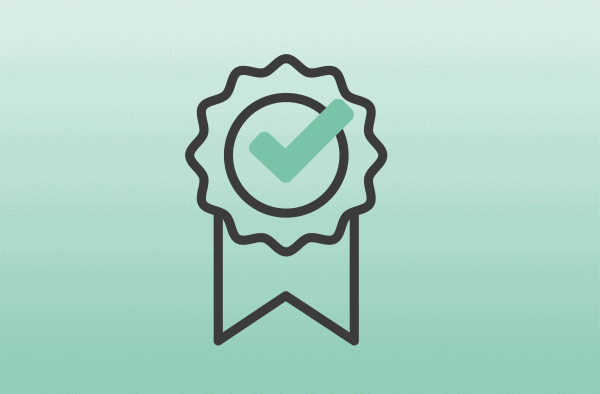
Oeko-Tex Standard 100 – all fabrics
If a textile article carries the STANDARD 100 label, you can be certain that every component of this article, i.e. every thread, has been tested for harmful substances and that the article therefore is harmless for human health. The test is conducted by independent OEKO-TEX® partner institutes on the basis of our extensive OEKO-TEX® criteria catalogue. In the test they take into account numerous regulated and non-regulated substances, which may be harmful to human health. In many cases the limit values for the STANDARD 100 go beyond national and international requirements.
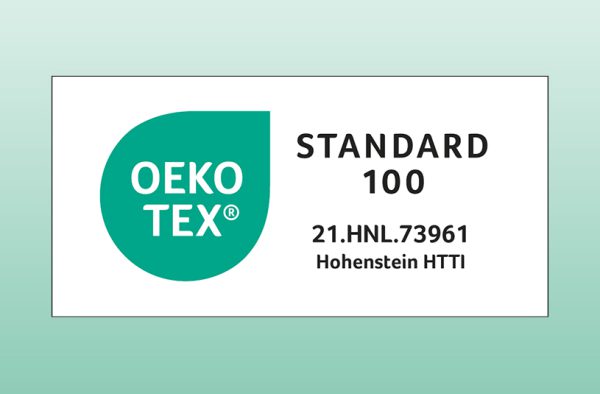
Remokey – all fabrics
REMO has created a quality label & communication solution for textiles made with recycled materials. In partnership with Process Factory, Remo provides independent validation and transparent information. The fundamental basis for this are textile sector standards that verify and independently audit the content of specific input materials, such as GRS* (Global Recycled Standard) and RCS (Recycled Claim Standard). These standards are based on ‘input and chain-of-custody’ verification by independent third parties and organisations.
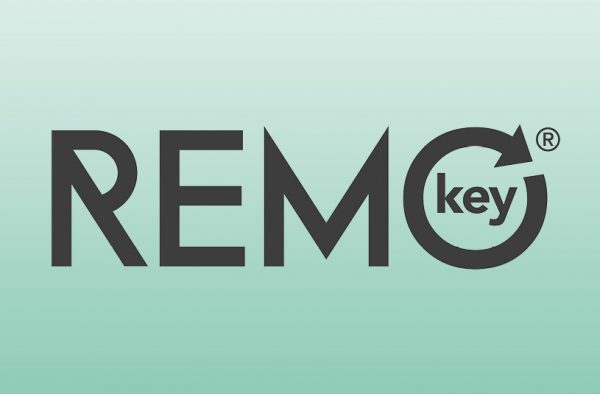
Global Recycled Standard
The Global Recycled Standard (GRS) is a voluntary product standard for tracking and verifying the content of recycled materials in a final product. The standard applies to the full supply chain and addresses traceability, environmental principles, social requirements, chemical content and labellling. GRS covers processing, manufacturing, packaging, labellling, trading and distribution of all products made with a minimum of 20% recycled material. It also sets requirements for third-party certification of recycled content, chain of custody, social and environmental practices, and chemical restrictions. The GRS is applicable to the woven pleated fabric without coating.
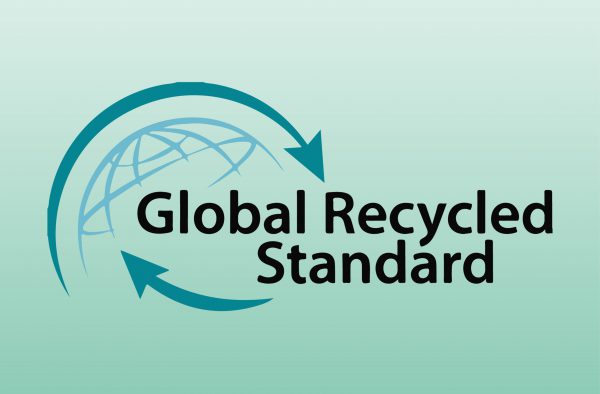
Cradle to Cradle Certified® Bronze – True® Clear Alu
Cradle to Cradle Certified® is a globally recognized measure of safer, more sustainable products made for the circular economy.
Product designers, manufacturers and brands around the world rely on the Cradle to Cradle Certified Product Standard as a transformative pathway for designing and making products with a positive impact on people and planet.
The Cradle to Cradle Certified® Product Standard is rooted in the Cradle to Cradle® design principles established by William McDonough and Dr. Michael Braungart. Standard requirements are developed through a stakeholder engagement process with input from technical experts, market leaders and the public.
To receive certification, products are assessed for environmental and social performance across five critical sustainability categories: material health, material reuse, renewable energy and carbon management, water stewardship, and social fairness
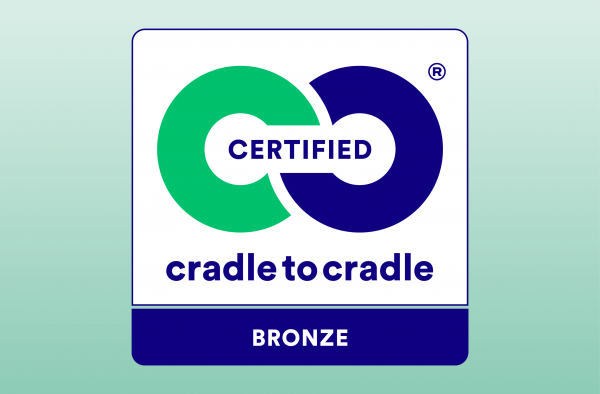
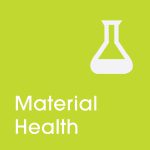 Material Health
Material Health
The material health category helps to ensure products are made using chemicals that are as safe as possible for humans and the environment by leading designers and product developers through a process of inventorying, assessing and optimizing material chemistries. As a step towards full certification, manufacturers may also earn a separate Material Health Certificate for products that meet Cradle to Cradle Certified® material health requirements.
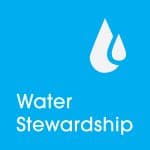
Water Stewardship
The water stewardship category helps ensure water is recognized as a valuable resource, watersheds are protected, and clean water is available to people and all other organisms.
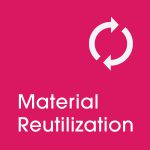
Material Reutilization
The material reutilization category aims to eliminate the concept of waste by helping to ensure products remain in perpetual cycles of use and reuse from one product use cycle to the next.

Social Fairness
The aim of this category is to design business operations that honour all people and natural systems affected by the manufacture of a product.
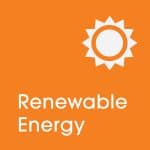
Renewable Energy & Carbon Management
The renewable energy & carbon management category helps to ensure products are manufactured using renewable energy so that the impact of climate changing greenhouse gases due to the manufacturing of the product is reduced or eliminated.
REACH EU Regulation and Compliance
Registration, Evaluation, Authorization and restriction of Chemicals (REACH) is a regulation of the European Union, adopted to improve the protection of human health and the environment from the risks that can be posed by chemicals, while enhancing the competitiveness of the EU chemicals industry. It also promotes alternative methods for the hazard assessment of substances in order to reduce the number of tests on animals. To comply with the regulation, companies must identify and manage the risks linked to the substances they manufacture and market in the EU. They have to demonstrate to ECHA how the substance can be safely used, and they must communicate the risk management measures to the users.
